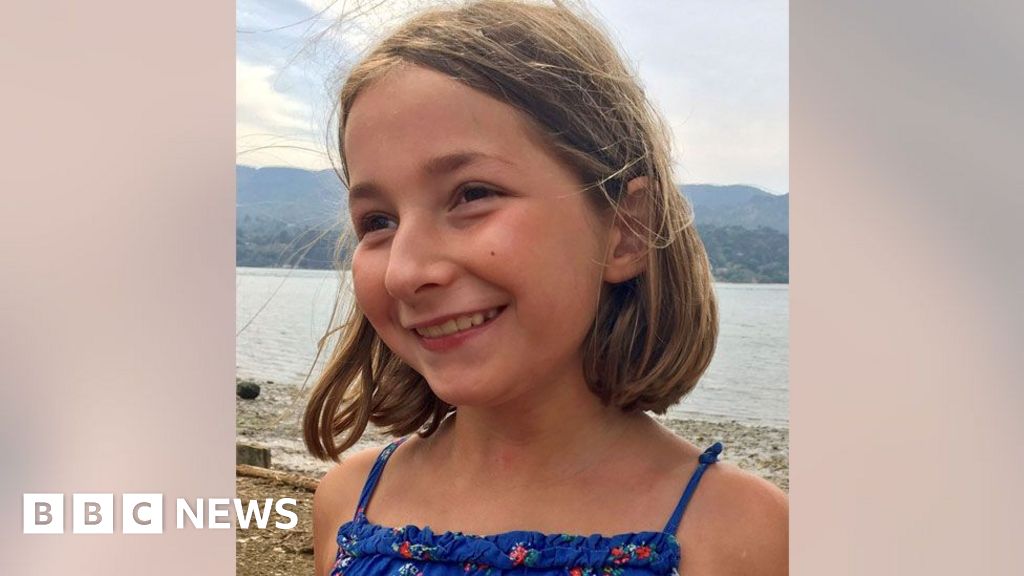ARTICLE AD BOX
Image source, Getty Images
Image caption,A health worker in Sierra Leone pictured with a rodent, which can spread the virus to humans by contaminating food or household items
A person being treated for Lassa fever in the East of England, has died, a hospital trust has confirmed.
The patient died from the acute viral illness at a hospital run by the Bedfordshire Hospitals NHS Foundation Trust.
The UK Health Security Agency (UKHSA) said the person died from a confirmed case of the animal-borne disease, which is endemic in parts of West Africa.
It said the risk to the public was "very low".
The death comes as the third case of Lassa fever was identified in the UK in the last few days, all thought to be linked to recent travel to West Africa.
The cases are the first of the disease to be confirmed in the UK in more than a decade.
Image source, Alamy
Image caption,A cousin of Ebola, Lassa fever is endemic in a number of West African countries
A spokesperson for the UKHSA said: "We are contacting the individuals who have had close contact with the cases prior to confirmation of their infection, to provide appropriate assessment, support and advice."
A Bedfordshire Hospitals NHS Foundation Trust spokesperson said: "We confirm the sad death of a patient at our trust, who had confirmed Lassa fever.
"We will continue to support the patient's family and our staff and are working closely with colleagues from the UK Health Security Agency to undertake a robust contact tracing exercise."
Before the three recent cases, eight cases of Lassa fever had been identified in the UK since 1980.
The recent cases are the first of the disease to be confirmed in the UK since 2009.
What is Lassa fever?
- Lassa fever, like Ebola, can be spread through contact with the bodily fluids (blood, saliva, urine or semen) of infected people
- Humans can also get it by coming into contact with the urine or faeces of infected rodents that carry the disease
- The disease typically causes a fever and flu-like symptoms, but it can cause bleeding through the nose, mouth and other parts of the body
- Most people will make a full recovery but the illness can be fatal
- Described as a cousin of Ebola, the disease is endemic in a number of West African countries
Find BBC News: East of England on Facebook, Instagram and Twitter. If you have a story suggestion email eastofenglandnews@bbc.co.uk

 3 years ago
75
3 years ago
75








 English (US) ·
English (US) ·